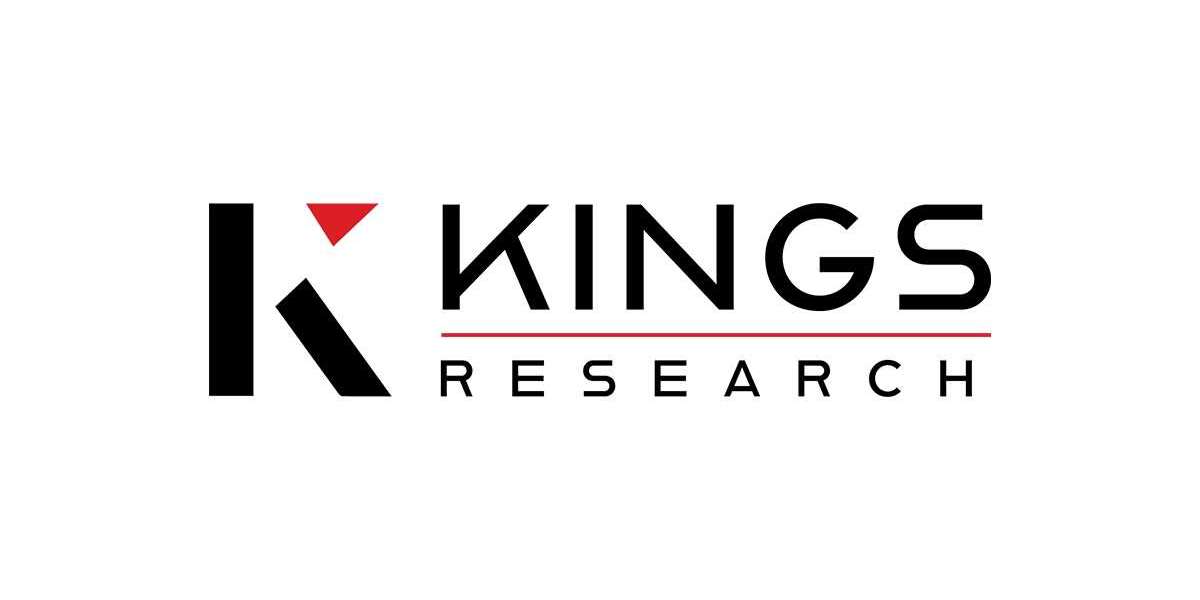Kevin McCarthy David Gibson-Moore on Global Debt, Political Division, and Economic Shifts at AIM Summit Dubai
The recent AIM Summit Dubai brought together some of the world’s foremost minds in finance, politics, and economic strategy. Among the key highlights was a highly anticipated roundtable featuring Kevin McCarthy, the 55th Speaker of the U.S. House of Representatives, and David Gibson-Moore, president of Gulf Analytica. Their session provided an invaluable global sovereign debt crisis analysis, while also addressing rising political polarization in Western democracies, economic volatility, and the evolving role of emerging markets.
A Wake-Up Call: Global Sovereign Debt Crisis
The Kevin McCarthy sovereign debt discussion struck a sobering tone. With governments worldwide surpassing sustainable debt levels, McCarthy emphasized that unchecked fiscal spending combined with weak oversight is endangering not just national budgets, but the global financial system.
David Gibson-Moore echoed these concerns, pointing out that the global economy and financial volatility have reached critical thresholds. Both speakers called for disciplined monetary policy, reduced deficits, and more transparent reporting standards to prevent a long-term economic drag.
Political Polarization: A New Economic Risk Factor
One of the most thought-provoking parts of the session was the analysis of political polarization in Western democracies. McCarthy noted that gridlock and hyper-partisan environments in nations like the U.S. are stalling key economic reforms. He urged for Cross-Party Collaboration Initiatives to build trust, pass effective legislation, and restore the health of institutions.
This polarization doesn’t just affect governance; it fuels economic uncertainty, affects investor confidence, and deepens societal divides — making it a crucial factor in future economic planning.
EM-ification of the US Economy
A concept gaining traction is the "EM-ification of the US economy." McCarthy and Gibson-Moore discussed how the U.S. is increasingly exhibiting characteristics traditionally associated with emerging markets — political instability, institutional weakening, and rising economic unpredictability.
Despite having a strong agricultural sector, rich natural resources, and room for urban expansion, the U.S. faces issues that challenge its global leadership status. These include erratic policy shifts, increasing public distrust, and declining global competitiveness — drawing surprising parallels with less developed economies.
Emerging Markets: Resilience Amid Chaos
Interestingly, while developed economies are faltering, many emerging markets are showing agility. The emerging market trends at AIM Summit suggested that countries in Asia, Africa, and Latin America may hold the keys to global growth in the next decade.
However, challenges of economic volatility in emerging markets remain real. These economies are still sensitive to interest rate hikes in the West, currency instability, and geopolitical tensions. Both speakers stressed that for these markets to thrive, strong institutions, investment in human capital, and sound governance are non-negotiable.
The Role of Leadership in a Volatile World
Leadership — pragmatic, inclusive, and visionary — was the closing theme of the discussion. McCarthy advocated for a new generation of leaders who understand the interconnectedness of politics, economics, and society.
Gibson-Moore added that forums like AIM Summit are crucial for encouraging dialogue between regions, ideologies, and sectors. Leadership today is less about control and more about communication, compromise, and long-term thinking.
What Lies Ahead?
As elections approach in the U.S. and economic uncertainties loom globally, the future of sovereign debt, emerging market growth, and institutional integrity hangs in the balance.
Kevin McCarthy and David Gibson-Moore’s session at the AIM Summit was a clear reminder: We are at an inflection point. Whether the world drifts further into division or pivots toward stability will depend on the choices made by policymakers, investors, and citizens alike.
Frequently Asked Questions (FAQs)
Q1. What was the focus of Kevin McCarthy’s discussion at the AIM Summit Dubai?
A1. Kevin McCarthy focused on the growing global sovereign debt crisis, political polarization in Western democracies, and the changing role of the U.S. economy — particularly its shift towards characteristics of emerging markets.
Q2. What does 'EM-ification of the US economy' mean?
A2. EM-ification refers to the United States increasingly resembling an emerging market due to institutional fragility, political instability, and economic volatility, despite its developed status.
Q3. Why is political polarization considered a risk to the global economy?
A3. Political polarization weakens legislative decision-making, disrupts economic planning, and erodes public trust, contributing to long-term economic instability and market unpredictability.
Q4. What are the major challenges faced by emerging markets today?
A4. Emerging markets face currency risks, capital flight, inflation pressures, geopolitical tensions, and dependency on developed economies’ monetary policies, making them highly sensitive to global economic shifts.
Q5. What solutions were proposed at the AIM Summit for the sovereign debt crisis?
A5. The speakers advocated for fiscal discipline, transparency in national budgets, reduction in public debt, long-term investment strategies, and enhanced global cooperation to tackle the debt crisis.
Conclusion
The Kevin McCarthy and David Gibson-Moore at AIM Summit Dubai conversation gave attendees and global observers alike a powerful lens through which to assess current global dynamics. From debt and division to resilience and reform, the roundtable encapsulated the dilemmas and directions that will shape our collective economic future.
With rising debt levels, polarized politics, and unpredictable market behavior, the time for proactive global dialogue — like that seen at AIM Summit — is not just important; it is essential.







